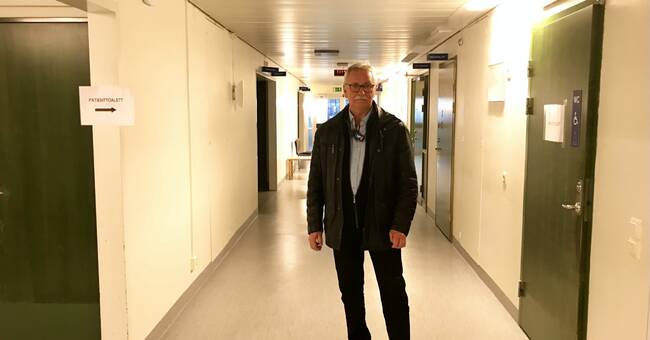Today, there are six investigation teams in the country that provide care for people with gender dysphoria, ie people who feel that they live in the wrong gender.
The National Board of Health and Welfare has now proposed that the highly specialized care for gender dysphoria should be centralized to three centers in the country, which means that a large part of the care for transgender people risks disappearing from northern Sweden.
According to the National Board of Health and Welfare, the purpose is to raise quality and make care more equal.
- My opinion is that we make an equivalent assessment and investigation, we have a full staff here in Umeå for several years, so we have all the skills required to make investigations, says Owe Bodlund, associate professor and chief physician at NUS.
Karolinska wants to cooperate
Karolinska University Hospital in Solna has applied to become one of three centers, but there they want to see a continued collaboration with Umeå.
In a letter to the National Board of Health and Welfare, Karolinska also raises concerns that care in other places will be jeopardized:
"We have noted that the delimitation endangers established investigation teams within Region Skåne, Region Uppsala and Region Västerbotten, which we perceive as unfortunate from a patient perspective."
But according to Kristina Wikner, unit manager for national highly specialized care at the National Board of Health and Welfare, centralization does not have to mean that those teams in other regions disappear.
- We think that the national units can work consultatively with the regional teams and that together they can put together a care plan, she says.
Risk of more trips
The number of patients seeking care for gender dysphoria has increased sharply in recent years, and in Umeå about 120 patients are admitted per year.
A treatment takes at least two years as this is what is required to obtain a new social security number.
The letter from Karolinska expresses concern that the investigation capacity will deteriorate and the queue times will increase even more when you go from six teams to three centers.
How do you see that patients can be forced to travel more and longer?
- In some cases, travel will certainly increase, but hopefully we can also work with digital visits that mean fewer trips, says Kristina Wikner.

